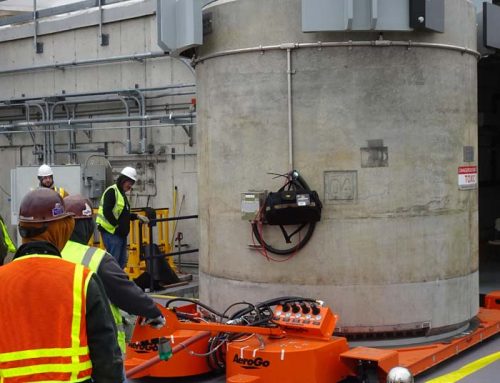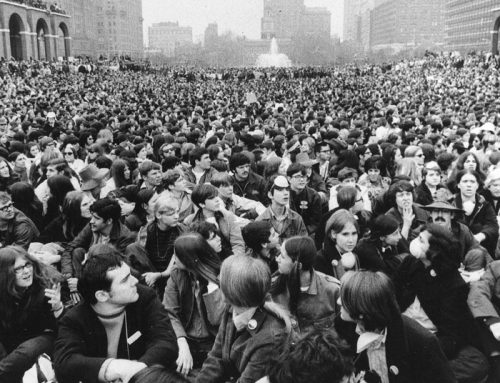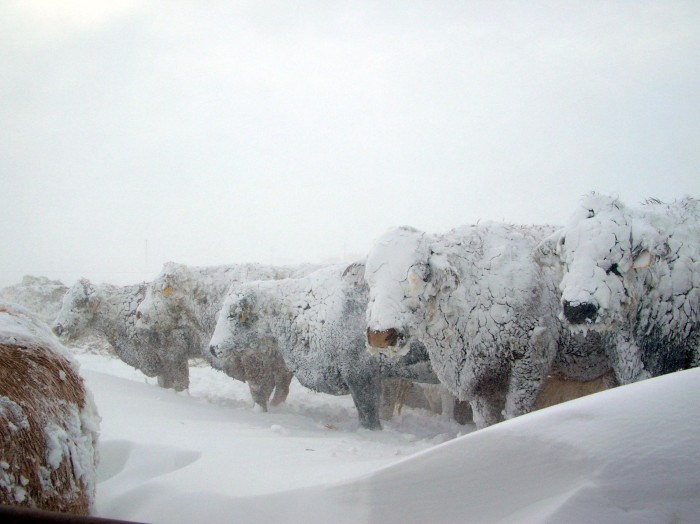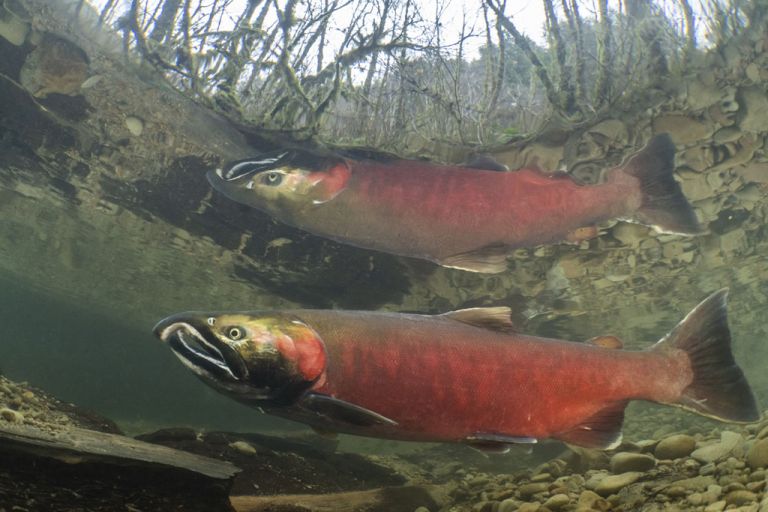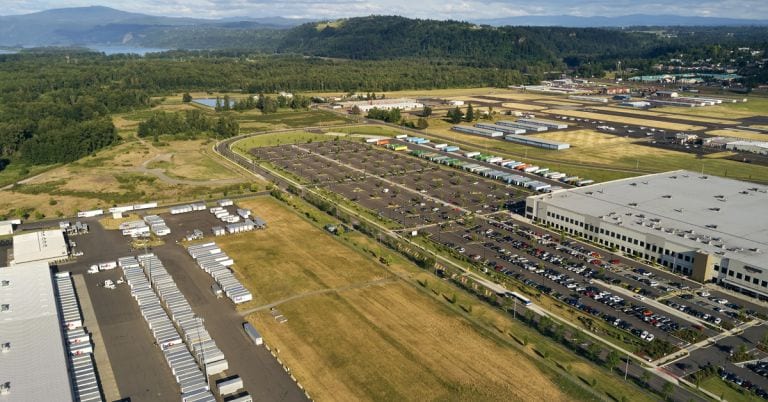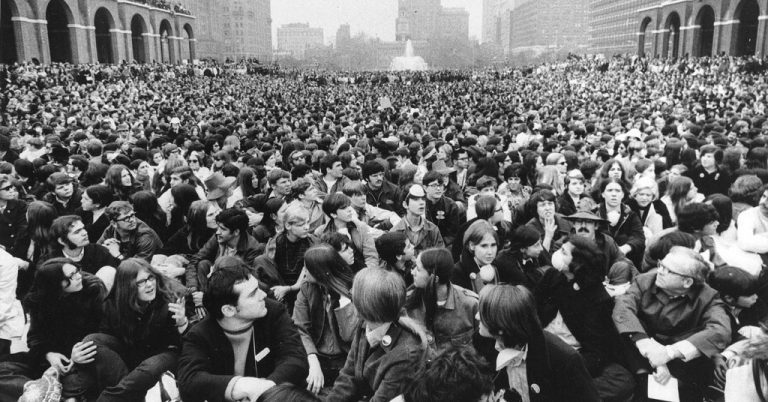But the retail behemoth will barely feel any pain over a penalty that amounts to a fraction of what it might have been
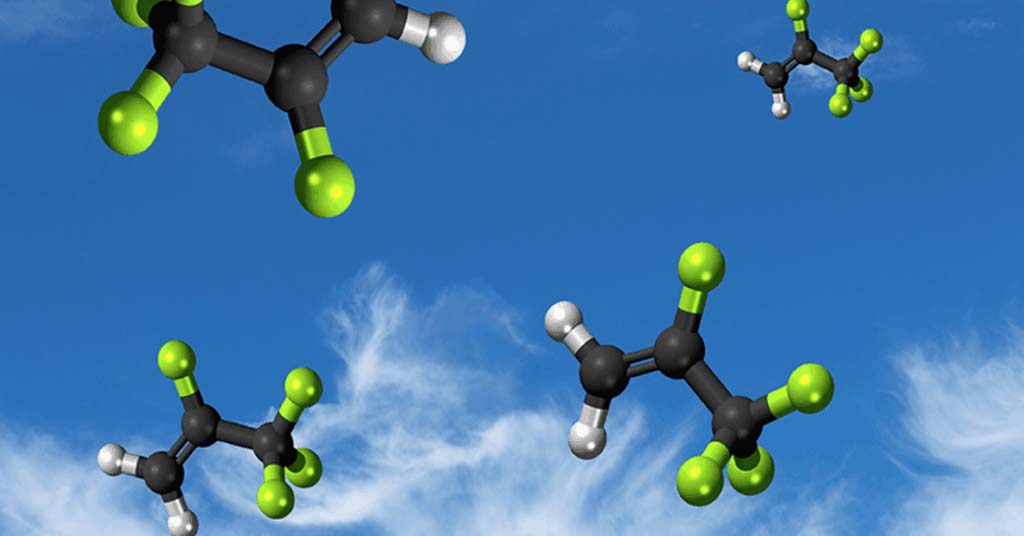
Not really that green: Hydrofluorocarbons are potent greenhouse gases used in refrigeration and air conditioning systems. Photo: The State Energy & Environmental Impact Center
By Kendra Chamberlain. July 3, 2024. Washington’s Department of Ecology has issued a $1.6 million fine to The Home Depot for selling products containing HFCs after the state banned them.
Hydrofluorocarbons (HFCs) are commonly used in air conditioning and refrigeration systems and in some consumer aerosol sprays.
Washington is one of a growing number of states taking action to phase out HFC refrigerant use and production.
The Washington legislature passed legislation banning certain HFC products in 2019 and again in 2021.
The state’s Ecology department began reaching out to companies in late 2021 to inform them of the new rules and how to comply with them.
The new rules included a ban on companies selling R-134a canisters at retail stores. R-134a is an HFC refrigerant used in automotive air conditioning.
The state banned retail sales of the product in hopes of forcing consumers to rely on automotive shops to handle repair and maintenance of A/C systems.
Automotive repair businesses are better able to “collect and recycle the old refrigerant, preventing it from escaping into the atmosphere,” the department said in a news release.
The state says it caught The Home Depot offering products such as R134a on its website, despite the department’s outreach.
The department said it even held “technical assistance meetings” with the company’s website software and compliance teams in 2022 and was assured that “the identified products would not be available for purchase in Washington and that no new prohibited products would be added to the website,” according to the statement.
Department of Ecology officials found The Home Depot still selling the banned products on its website in July 2023, spurring the fines.
The Home Depot declined to comment on the ongoing litigation.
The Department of Ecology said it could have fined the company roughly $10.6 million for the violations, but opted to reduce the penalty due to the company’s “prompt disclosure of units sold.”
The Home Depot made about $50 billion in FY2024, meaning the $1.6 million fine will cost the company about 16 minutes of business operation.
Global warming impact of HFCs
HFCs are synthetic molecules developed in the 1990s to replace ozone-harming chlorofluorocarbons (CFCs).
CFCs were targeted in the Montreal Protocol of 1987, the global agreement in which countries pledge to protect the ozone layer by phasing out “ozone-depleting substances” (OSDs).
But the increased use of HFCs worldwide has caused its own set of problems.
Since then, these gas molecules have begun accumulating in the atmosphere, worrying researchers about their global warming impact.
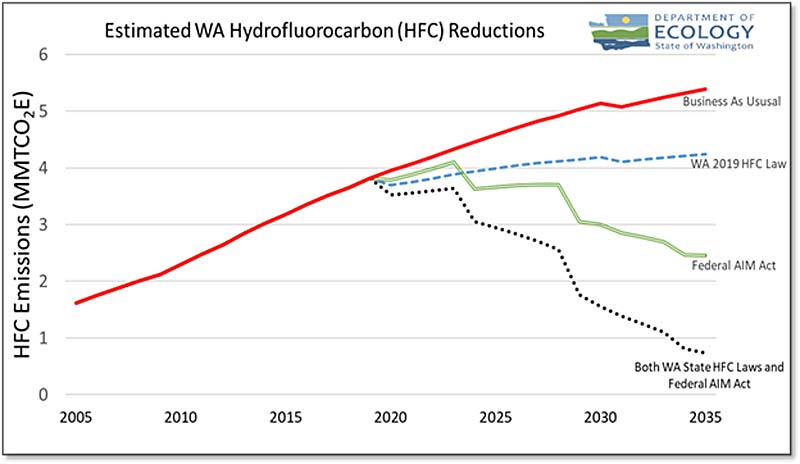
Graph: Washington Department of Ecology
HFCs can trap thousands of times more heat in the atmosphere than carbon dioxide, and are now the fastest growing greenhouse gas emission in the world.
In 2016, HFCs were added to the Montreal Protocol under the Kigali Amendment.
Since some versions of the compound trap more heat than others, regulatory agencies like the U.S. Environmental Protection Agency are currently supporting phasing out the use of some HFCs in order to be replaced by other HFCs—but the goal is to end their use entirely at some point.
So far, 24 states have pledged to phase out the use of HFCs, though only half of those states, including Washington, have actually enacted legislation to do so.
Washington hopes to reduce its HFC emissions by 75% by 2035 as part of the state’s emission reduction goals. The state estimates the chemical accounts for 4% of the state’s overall emissions.


